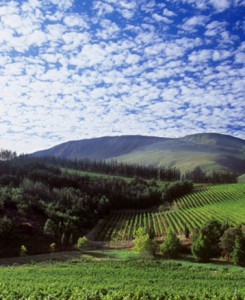Sustainable agriculture
Sustainable agriculture (also known as sustainable farming) addresses environmental health, economic profitability and social and economic equity (Grace Communications Foundation).
In South Africa 80% of land surface is dedicated to agriculture and 63% of our water resources are used to irrigate agriculture land (WWF). This gives farmers a huge responsibility as they are responsible for maintaining a large part of South Africa’s natural resources and are responsible for many job creation opportunities in the country.
The importance of sustainable agriculture reaches further than the here and now. With the population growing by the day, food production and job creation will have to grow as well and a great deal of this growth lies within the agriculture sector of South Africa. Farmers should focus on how to produce more food in a sustainable way, i.e. without exhausting other natural resources such as water.
Conserve Energy Future has 10 tips on farming sustainably:
- Use renewable energy sources
- Integrated pest management
- Crop rotation
- Prevent erosion
- Crop diversity
- Natural pest eliminators
- Managed grazing
- Save transportations costs
- Better water management
- Remove weeds manually
The Groenlandberg Conservancy aims to promote sustainable agriculture in the Overberg by raising awareness of the benefits of sustainable farming and how to achieve sustainable agriculture.
